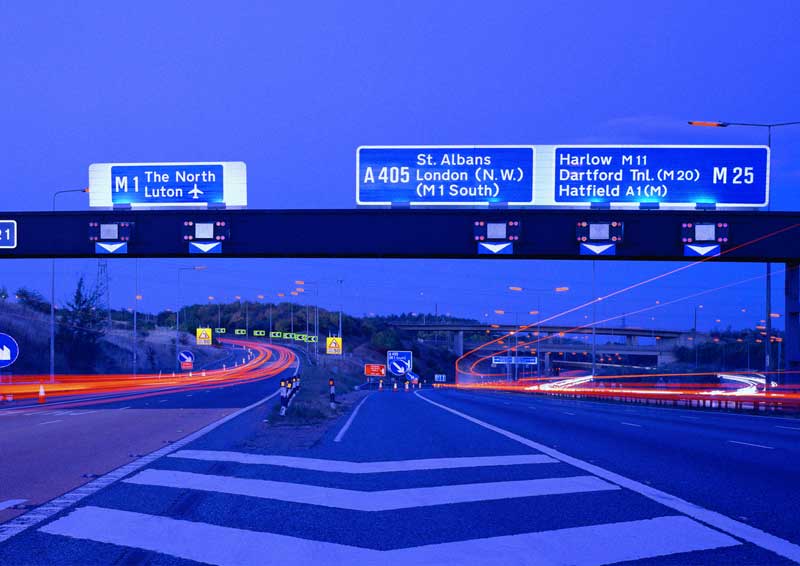Brexit - the case for infrastructure
| Line 26: | Line 26: | ||
* Architects' Brexit statement. | * Architects' Brexit statement. | ||
* [[User:The_Institution_of_Civil_Engineers|Articles by ICE on Designing Buildings Wiki]]. | * [[User:The_Institution_of_Civil_Engineers|Articles by ICE on Designing Buildings Wiki]]. | ||
| + | * Brexit. | ||
* EU Referendum - Environmental and climate change consequences for the built environment. | * EU Referendum - Environmental and climate change consequences for the built environment. | ||
* National infrastructure plan. | * National infrastructure plan. | ||
Revision as of 11:30, 2 October 2017
On 8th July 2016, the Institution of Civil Engineers (ICE) published a two-page summary report 'Brexit - The case for infrastructure'. The report highlights the valuable contribution which infrastructure makes to the UK economy.
It suggests that high quality, high-performing infrastructure is vital for economic growth and improved quality of life. It points to transport, communications, energy and housing as central to spreading opportunity across the whole country. It also makes the case that infrastructure acts as a catalyst for social and economic inclusion, encouraging greater participation in society from people of all walks of life.
During uncertain or volatile economic times, continued investment in UK infrastructure can help provide economic stability, facilitate inward investment and drive economic growth.
The report highlights the fact that for every £1 of infrastructure spending, economic activity increases by £2.84, with the construction industry contributing a huge £103bn in economic output, 6.5% of the UK total. Infrastructure also creates a large number of jobs for the UK, 2.1 million in 2015 representing 6.2% of the total. Every 1,000 direct jobs created by the delivery of new infrastructure boosts wider employment by more than 3,000.
It praises the revival that infrastructure has enjoyed since the financial crisis, with a better understanding of the long term strategic case for infrastructure investment and delivery across the political divide. But, the UK still sits just 24th in the World Economic Forum Global Competitiveness infrastructure rankings, behind a number of our economic competitors including Japan (7th), France (10th) and Germany (12th).
The report calls on Government to commit to infrastructure during its negotiations with the EU and to continue to place infrastructure investment at the heart of economic policy. It suggests the Government must continue to invest in long term infrastructure programmes and support the National Infrastructure Commission. It also calls on Government to continue to place infrastructure at the heart of its plans for devolution, as set out in its recent State of the Nation: Devolution report.
The report follows ICE's announcement that, led by the Royal Academy of Engineering, it will be co-operating with the other 37 organisations representing the engineering profession to ensure that the needs of all sectors that have a dependence on engineering are represented and understood..
You can download the report here.
--The Institution of Civil Engineers
Find out more
Related articles on Designing Buildings Wiki
- Architects' Brexit statement.
- Articles by ICE on Designing Buildings Wiki.
- Brexit.
- EU Referendum - Environmental and climate change consequences for the built environment.
- National infrastructure plan.
- National Needs Assessment NNA.
- Brexit Topic Guide.
- HVAC and smart energy post-Brexit.
- Key Brexit challenges facing infrastructure and construction.
- Overcoming the challenges of Brexit.
- Post brexit, house building and construction remains a safe sustainable industry.
- Post-Brexit vision for construction.
- Safeguarding infrastructure post-Brexit.
- Triggering article 50 of the Treaty of Lisbon.
- What does Brexit mean for construction?
- Will Brexit shake UK construction?
Featured articles and news
Infrastructure that connect the physical and digital domains.
Harnessing robotics and AI in challenging environments
The key to nuclear decommissioning and fusion engineering.
BSRIA announces Lisa Ashworth as new CEO
Tasked with furthering BSRIA’s impressive growth ambitions.
Public buildings get half a million energy efficiency boost
£557 million to switch to cleaner heating and save on energy.
CIOB launches pre-election manifesto
Outlining potential future policies for the next government.
Grenfell Tower Inquiry announcement
Phase 2 hearings come to a close and the final report due in September.
Progress from Parts L, F and O: A whitepaper, one year on.
A replicated study to understand the opinion of practitioners.
ECA announces new president 2024
Electrical engineer and business leader Stuart Smith.
A distinct type of countryside that should be celebrated.
Should Part O be extended to existing buildings?
EAC brands heatwave adaptation a missed opportunity.
Definition of Statutory in workplace and facilities management
Established by IWFM, BESA, CIBSE and BSRIA.
Tackling the transition from traditional heating systems
59% lack the necessary information and confidence to switch.
The general election and the construction industry
As PM, Rishi Sunak announces July 4 date for an election.
Eco apprenticeships continue help grow green workforce
A year after being recognised at the King's coronation.
Permitted development rights for agricultural buildings
The changes coming into effect as of May 21, 2024.






















